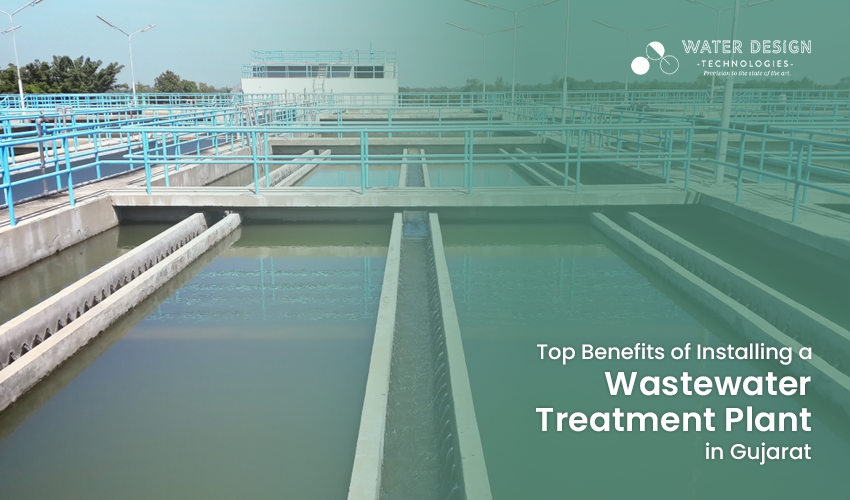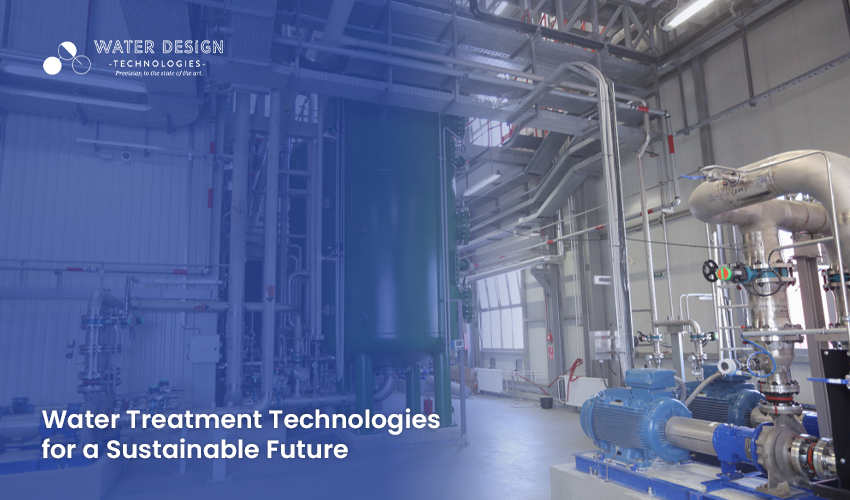Wastewater treatment plants are essential for managing and purifying water in industrial and residential areas. Gujarat, a state with rapidly growing industrial sectors, has seen a significant need for advanced water treatment solutions. Installing a wastewater treatment plant offers numerous benefits, especially when incorporating cutting-edge technologies like zero liquid discharge. Here, we explore the top benefits of installing a wastewater treatment plant in Gujarat, highlighting its importance for sustainability and efficiency.
1. Environmental Protection
A wastewater treatment plant ensures that harmful pollutants and contaminants are removed from wastewater before it is discharged into the environment. This process significantly reduces the risk of water pollution, protecting local ecosystems and biodiversity. In Gujarat, where industrial activities are prevalent, implementing such technologies helps in maintaining the natural balance and preventing the degradation of water bodies.
2. Compliance with Regulations
Gujarat has stringent environmental regulations that industries must adhere to. Installing a wastewater treatment plant helps businesses comply with these regulations by ensuring that the water they discharge meets the required standards. This not only helps in avoiding hefty fines and legal issues but also promotes a positive corporate image and responsibility towards environmental stewardship.
3. Resource Recovery
Modern wastewater treatment plants are designed to recover valuable resources from wastewater. By implementing zero liquid discharge (ZLD) systems, industries in Surat and other parts of Gujarat can recover and reuse water, salts, and other byproducts. This process not only reduces waste but also provides an opportunity for cost savings and additional revenue streams from recovered materials.
4. Sustainable Water Management
Water scarcity is a growing concern in many parts of Gujarat. Wastewater treatment plants contribute to sustainable waste water management by treating and recycling wastewater, making it suitable for reuse in various industrial processes and irrigation. This reduces the dependency on freshwater sources and ensures a more sustainable approach to water usage.
5. Improved Public Health
Untreated wastewater poses significant health risks to communities. By installing a wastewater treatment plant, harmful pathogens and chemicals are effectively removed, reducing the risk of waterborne diseases. This leads to improved public health outcomes and a better quality of life for residents in Gujarat.
6. Technological Advancements
Gujarat is home to innovative water treatment technologies that enhance the efficiency and effectiveness of wastewater treatment plants. Companies specializing in water treatment technologies provide advanced solutions such as membrane bioreactors, advanced oxidation processes, and zero-liquid discharge systems. These technologies ensure that wastewater treatment plants operate at optimal levels, delivering high-quality treated water.
7. Economic Benefits
Investing in a wastewater treatment plant can lead to significant economic benefits for businesses. By treating and recycling water, companies can reduce their water procurement costs. Additionally, compliance with environmental regulations avoids penalties and enhances the company’s reputation, potentially attracting more business opportunities and partnerships.
Conclusion
Installing a wastewater treatment plant in Gujarat is a strategic decision that offers multiple benefits, from environmental protection and regulatory compliance to resource recovery and sustainable water management. Embracing advanced water treatment technologies and zero liquid discharge systems ensures that industries in Gujarat can operate efficiently while safeguarding natural resources and public health.
For more information on how to implement these solutions and take advantage of the latest water treatment technologies, visit Water Design Technologies.



